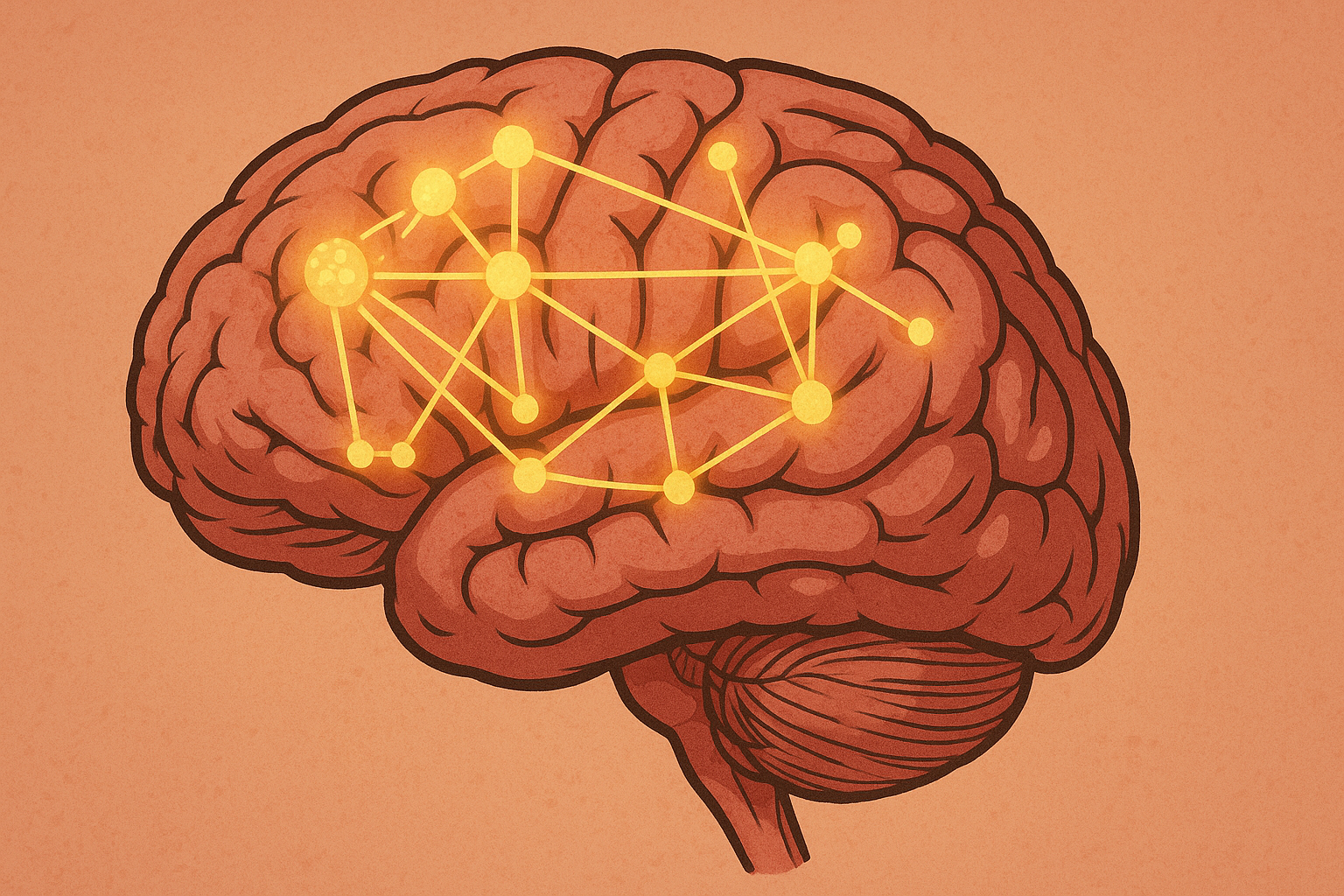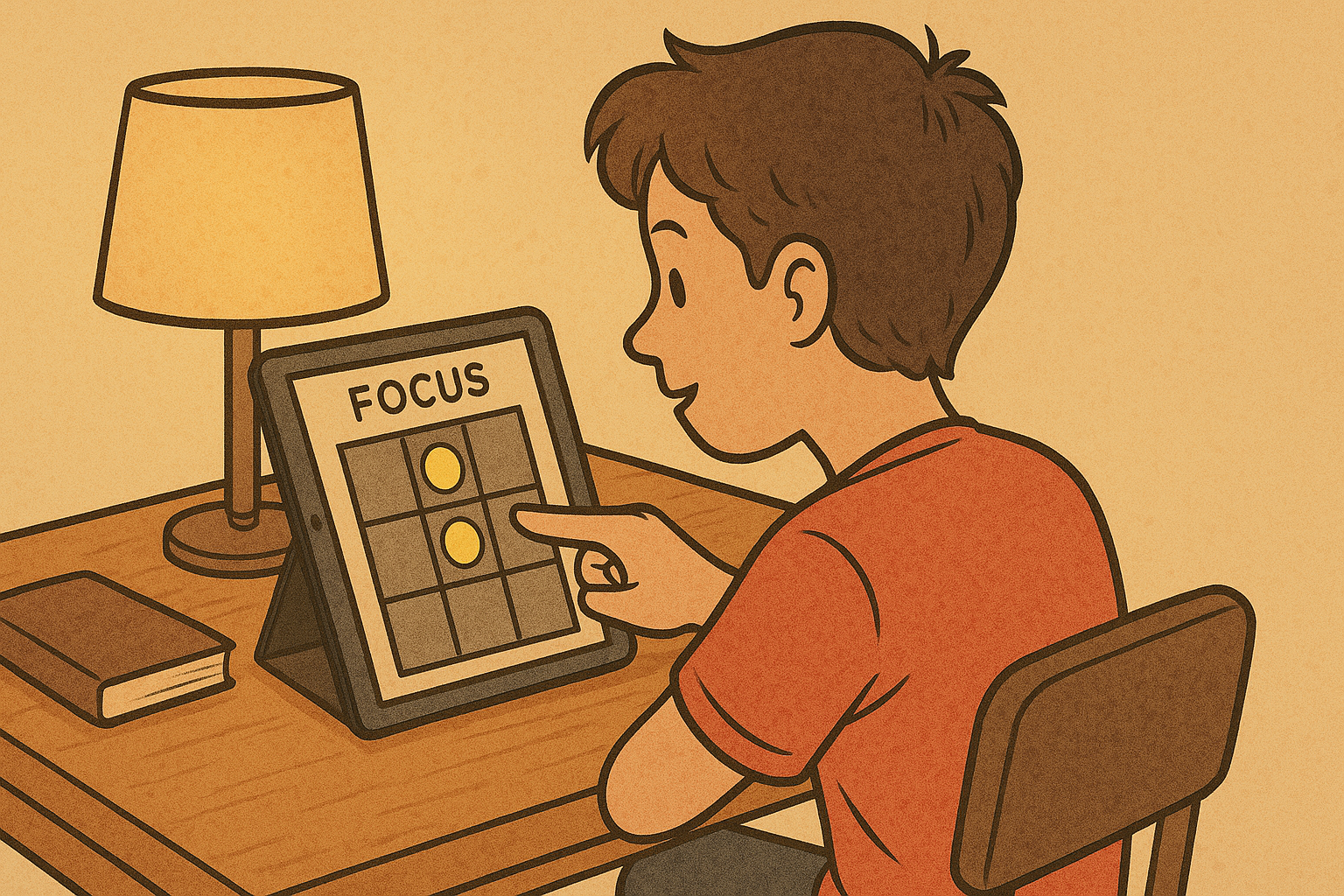Happy people produce. Bored people consume. Focused people learn. This is the truth that neuroscience definitely confirms: attention is a trainable skill, and no matter how hard you try, without focus, you cannot fully absorb new information, solve complex problems, or achieve meaningful growth in any cognitive task.
Luckily, there exist thousands of options for those who need to teach their brains to stay focused. Focus games are among the most effective and engaging tools, which incorporate peculiar challenges, captivating tasks, and measurable cognitive benefits to build a more resilient, flexible mind. Are you ready to work? Let us check.

What Is Focus, and How Does the Brain Work?
From a clinical perspective, focus is a core cognitive function that defines the way the brain should process relevant information, while ignoring distractions around. Neuroscientists and psychologists categorize focus (=attention) into several subtypes, which include the following:
- Sustained attention (maintaining focus over time)
- Selective attention (filtering out irrelevant stimuli)
- Divided attention (managing multiple tasks simultaneously)
- Executive attention (regulating thought and action in complex situations)
Each subtype relies on distinct but interconnected neural networks, primarily those that involve the prefrontal cortex, parietal lobes, and subcortical structures such as the thalamus and basal ganglia.
In fact, the brain’s ability to focus is mainly connected to neurotransmitter systems, e.g., dopamine and norepinephrine, which are responsible for regulating alertness, motivation, reward processing, and working memory altogether. When there is dysregulation, one may experience disorders like Attention Deficit Hyperactivity Disorder (ADHD), traumatic brain injury, and certain neurodegenerative conditions.
What is more, focus is not fixed, for it can be easily improved when approached with the right tools and support from the healthcare specialists and evidence-based cognitive interventions, e.g., targeted training programs, attention-enhancing exercises, and therapeutic strategies. Nonetheless, the latter is to be discussed further.

Focus Games and Their Impact on the Brain
So, what exactly are focus games? These are structured activities designed to engage attention, memory, and problem-solving so as to activate specific neural circuits, particularly those involved in executive function, working memory, and attentional control. Research indicates that regular engagement in activities may be quite beneficial, for targeted cognitive training can increase neural activity in attention-related regions and improve connectivity across key networks.
Focus games are indeed about therapeutic potential, though they do not lack mere entertainment. Cognitive training programs have long been used to support patients with severe mental problems, as well as children who need to develop control over their focus and executive function skills in a delightful way.
Focus Games That Work
These days, anyone is capable of being fastidious, for there are numerous opportunities to get engaged in cognitive training and boost the focus potential for good. Focus games can be different, but only the outstanding, peculiar, scientifically proven platforms win. So, what are they? Which games and apps to opt for?
| Game/App | Type | Cognitive Skills | Platform/Format | Scientific Evidence |
| Lumosity | Digital Brain Training | Working memory, attention, processing speed, problem-solving | iOS, Android, Web | Multiple studies show modest improvements in cognitive tasks; widely used in cognitive research. |
| Peak | Digital Brain Training | Memory, focus, mental agility, language | iOS, Android | Adaptive exercises targeting executive function; evidence supports improvement in attention and working memory. |
| CogniFit | Digital Cognitive Training | Attention, memory, reasoning, planning | Web, iOS, Android | Clinically used in research; personalized training improves sustained attention and executive function. |
| Elevate | Digital Brain Training | Focus, processing speed, math, reading comprehension | iOS, Android | Improves executive function and cognitive processing; includes adaptive difficulty levels. |
| Tetris | Puzzle/Action | Visual-spatial processing, attention, working memory | PC, Console, Mobile | Studies show improvement in mental rotation, spatial awareness, and attentional control. |
| Sudoku | Puzzle/Traditional | Logical reasoning, working memory, problem-solving | Paper, Mobile apps | Enhances problem-solving skills and working memory; widely used for cognitive stimulation in adults. |
| Chess | Strategy/Board Game | Executive function, planning, attention, decision-making | Board, Online | Long-established evidence of improving strategic thinking and sustained attention. |
| Go (Baduk) | Strategy/Board Game | Planning, focus, pattern recognition | Board, Online | Complex game with evidence of enhancing executive function, working memory, and attentional control. |
| Memory (Concentration) | Card/Board Game | Working memory, attention, recall | Physical cards, Apps | Strengthens short-term memory and selective attention; suitable for children and adults. |
| Portal/Portal 2 | Puzzle/Video Game | Problem-solving, spatial reasoning, executive function | PC, Console | Engages planning, problem-solving, and attentional focus; studies highlight cognitive benefits in complex task management. |
| First-Person Shooter Games (FPS) | Action/Video Game | Visual attention, reaction time, multitasking | PC, Console | Research shows faster visual processing, improved selective attention, and enhanced task-switching abilities. |
| Escape Room Challenges | Social/Physical | Problem-solving, teamwork, attention to detail | Physical locations, DIY setups | Improves executive function, attention, and collaborative problem-solving; increasingly used in educational settings. |
| Simon (Electronic Game) | Reaction/Memory | Working memory, attention, processing speed | Physical device, Apps | Clinically used for attention training; improves short-term memory and sequential processing. |
| Brain Workshop (Dual N-Back) | Digital Cognitive Training | Working memory, fluid intelligence, attention | PC, Mac, Linux | Evidence shows dual n-back training can improve working memory and fluid intelligence in adults. |
Guidelines for Effective Cognitive Training
Effective cognitive training requires dedication, and dedication may only come from the understanding of what specific skills you want to improve, how these skills impact your daily life, and the real benefits that consistent practice can bring. Here are a few guidelines to maximize the impact of focus games on your condition and mind:
- Set Clear Goals: Define what you want to improve so as to track progress and maintain motivation.
- Consistency Is the Key: Keep in mind that short, frequent sessions (e.g., 20–30 minutes daily) are generally more effective than those that last long but are sporadic by nature.
- Progressive Challenge: Choose games that adapt in difficulty as skills improve. Cognitive growth may occur when tasks are challenging but not overwhelmingly difficult.
- Variety Matters: Engage in multiple types of focus games to target different cognitive domains (e.g., working memory, visual-spatial skills, executive function). Combine digital, board, and real-world games to activate neurons more efficiently.
- Mindful Engagement: Avoid multitasking while training — focus entirely on the task. This should promote focus and keep you engaged.
- Track Progress and Feedback: Use built-in app tracking, scores, or self-assessment tools to monitor improvement and identify strengths, weaknesses, and areas to improve.
- Integrate Cognitive Training into Daily Life: Apply skills from games to real-world tasks, such as planning or sustained attention at work or school. This is how you might see the real benefits, not the spoken ones.
- Professional Support When Needed: For those who suffer from ADHD, cognitive impairments, or neurological conditions, such cognitive training should be provided by healthcare specialists to keep it top-notch.
Focus is a skill you can cultivate. Sharpen it, and your brain will follow where you lead.



